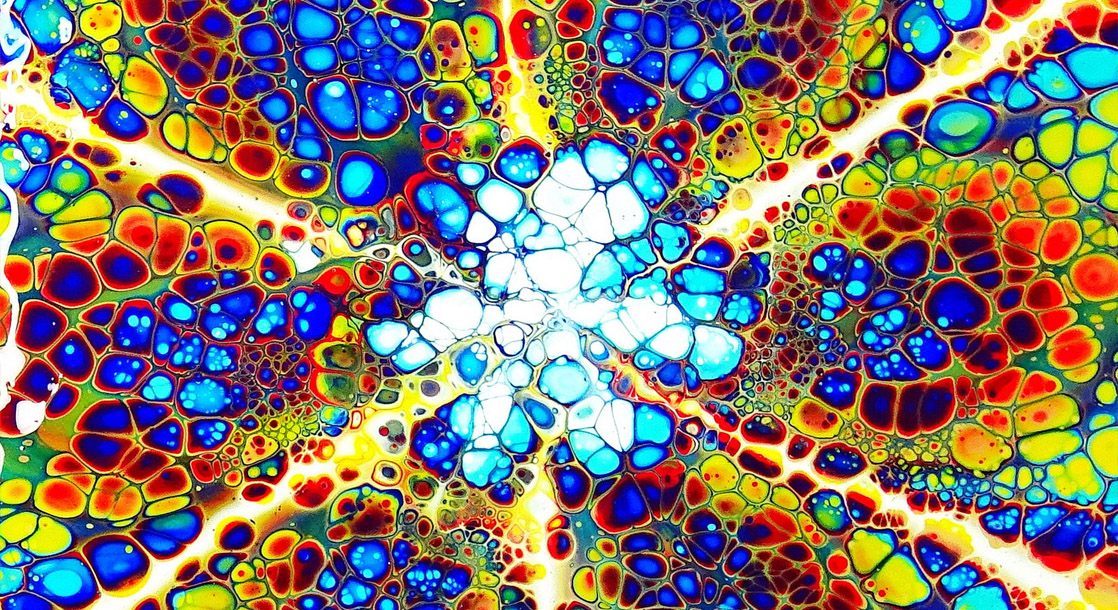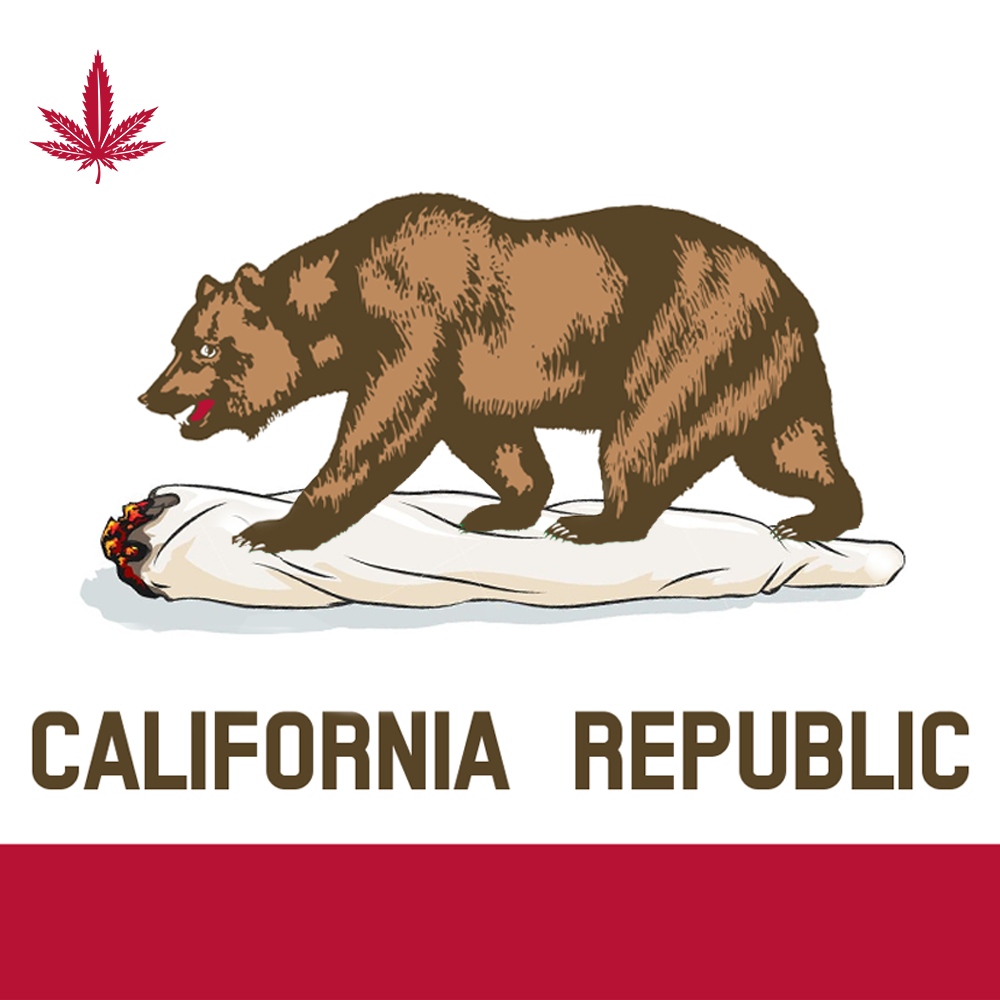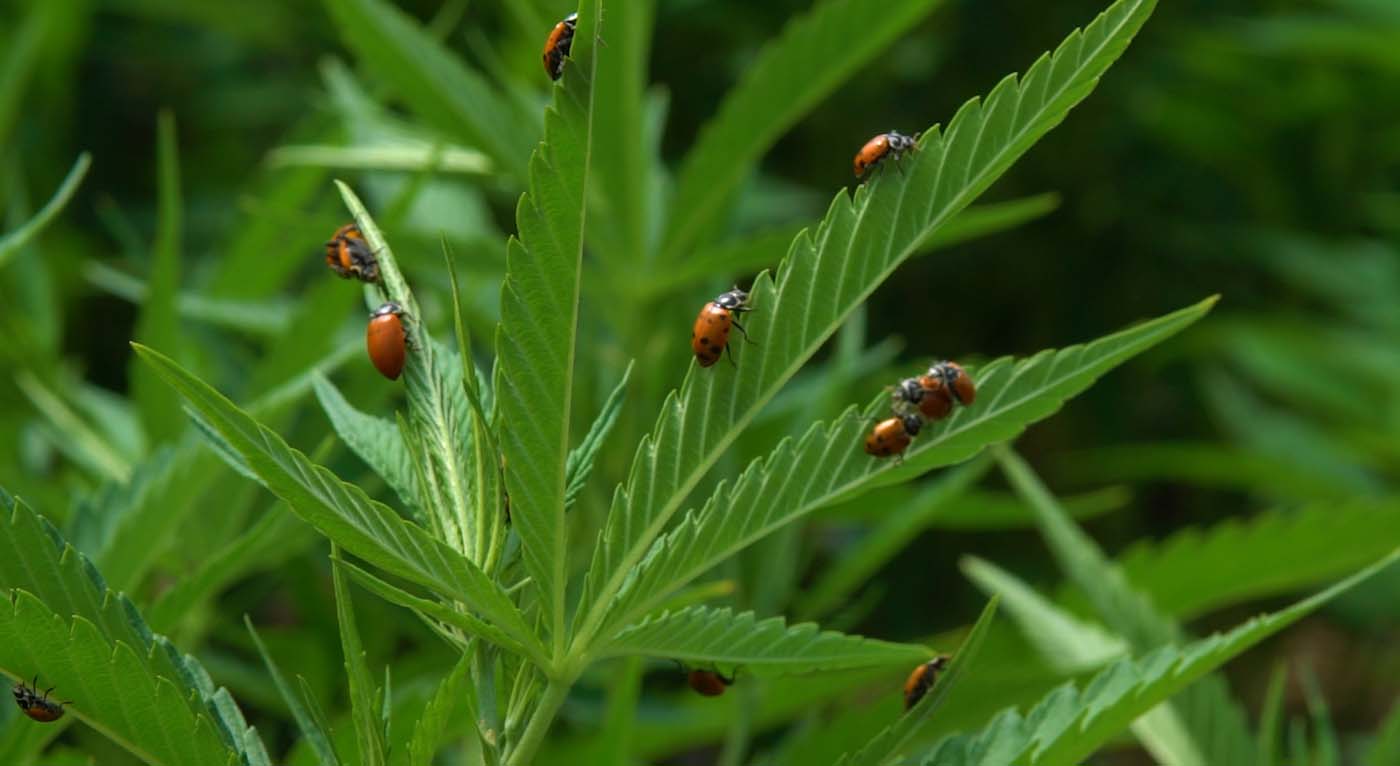A new research study has found that relatively high doses of LSD, combined with therapy, can provide rapid and lasting treatment for depression and anxiety.
Clinical research studies have thoroughly established the fact that psilocybin and MDMA can effectively reduce symptoms of anxiety, depression, and PTSD, especially when combined with therapy. Heartened by the glowing success of these new studies, researchers are conducting new experiments to discover if LSD, cannabis, or other federally-prohibited drugs can also boost the effectiveness of traditional therapies.
In the present study, which was recently published in the Biological Psychiatry journal, researchers set out to discover if LSD-assisted therapy could safely and effectively treat anxiety. This double-blind, placebo-controlled, two-period, random-order study was conducted at two medical centers in Switzerland, the birthplace of LSD.
“Primarily, we wanted to confirm a pilot study on the effects of LSD in patients with anxiety and life-threatening illness,” said study author Matthias Liechti, professor of clinical pharmacology at University Hospital Basel, to PsyPost. “Secondly, we also wanted to explore therapeutic benefits in patients with an anxiety disorder such as general anxiety disorder and without the somatic illness. Furthermore, we wanted to use LSD instead of psilocybin, which is more commonly used in modern psychedelic research, to broaden the field.”
The researchers recruited 20 patients who had been diagnosed with cancer or other life-threatening illnesses and 22 patients with anxiety disorders unrelated to physical illness. Over the course of two 24-week treatment periods, each subject completed two sessions of therapy. For the first of these sessions, subjects were randomly selected to either take 200 micrograms of LSD – a relatively high dose – or a placebo. Subjects were automatically enrolled in the opposite group during the second session to ensure that each patient received LSD therapy once.
Doctors tracked patients’ anxiety and depression symptoms using standard assessment scales in five separate study visits spread out over the course of each 24-week period. The study reports that “LSD produced strong reductions of anxiety, depression, and general psychiatric symptomatology compared with placebo.” These reductions were strongest 2 weeks after the therapy, but subjects still showed significant improvements a full 16 weeks later.
“LSD may have therapeutic benefits in anxiety disorders and also reduce depression,” Liechti told PsyPost. “The therapeutic effects set in fast and were sustained up to 16 weeks following the treatment.” But due to the relatively small study size, he suggested that “more studies are needed to confirm these effects.”
The study authors also noted that “LSD produced marked alterations of mind and overall very positive acute experiences.” Even more importantly, the researchers found that these positive effects were directly associated with long-term symptom reduction, “indicating that acute positive effects of psychedelics may serve as a treatment response predictor and biomarker.” Only one patient experienced a bad reaction to LSD, but they recovered fully within 24 hours.
LSD has remained somewhat less popular than other forms of psychedelic therapy, largely due to the long duration of the drug’s effects. An acid trip can last for 8 to 12 hours, about twice as long as psilocybin, and standard ethical practices require therapists to supervise patients for the duration of the trip. But despite these concerns, researchers are still studying whether LSD can effectively treat addiction, acute pain, Alzheimer’s disease, and mood disorders.











